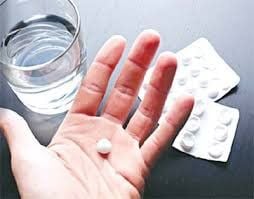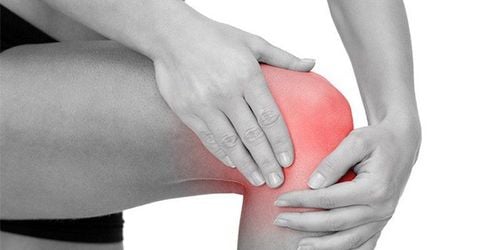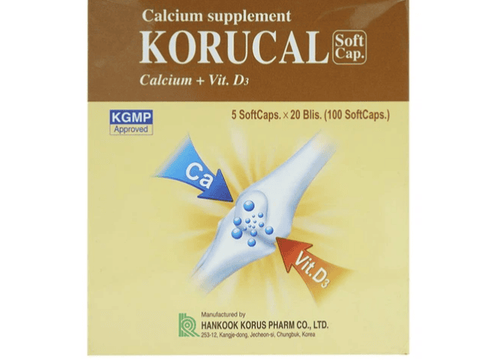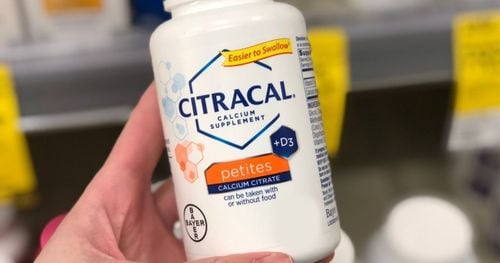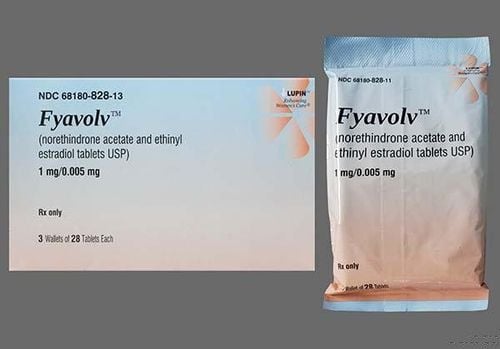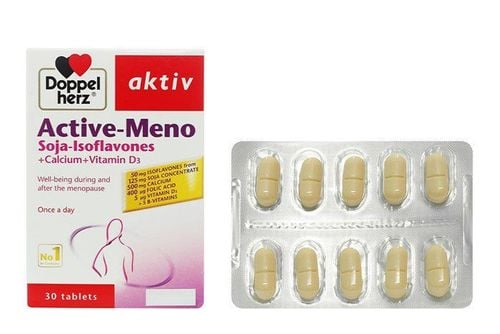This is an automatically translated article.
Postmenopausal women often have osteoporosis, which is caused by a decrease in estrogen, a very rapid decrease in bone mass, causing osteoporosis after menopause, so it is necessary to take appropriate measures to prevent and treat osteoporosis to protect health. healthy for yourself.
1. Why do postmenopausal women have osteoporosis?
Osteoporosis is common in the elderly and especially in postmenopausal women. The reason is that the amount of estrogen decreases, the bone mass decreases very quickly, causing osteoporosis after menopause, so it is necessary to take appropriate measures to prevent and treat osteoporosis to protect your health.
Factors that increase the risk of osteoporosis after menopause include:
Previous broken bones Thin or small bones. Have a family history of osteoporosis. Menopause before age 45. Using corticosteroids, thyroid hormone. Smoking, drinking alcohol, beer Sedentary Use less calcium.

Sử dụng thuốc thuốc Corticoid có thể gây loãng xương
2. What are the consequences of postmenopausal osteoporosis?
Spinal deformity: This is a serious complication when postmenopausal women have osteoporosis. When the spine is deformed, the patient's back will be hunched, the height will decrease, the vertebrae will collapse and the decrease in height will stop. Fractures: Postmenopausal osteoporosis increases the risk of fractures of the femoral neck and lower forearm, humeral neck, ribs, and spine; femoral neck fractures occur later and can be dangerous for the patient because long-term bed rest affects mobility in the future; Spinal pain: Low back or lumbar spine pain can occur with light exertion, a fall, or a wrong movement.
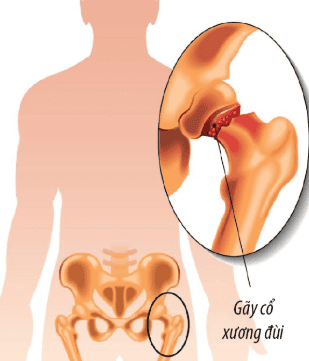
Vị trí gãy cổ xương đùi
3. Treatment and prevention
3.1. Osteoporosis treatment
Movement therapy: Moderate activity, exercise, sun exposure,...; Avoid sitting or standing for too long in one position, but change your position when working and avoid heavy lifting jobs. Drug therapy: When using this method, you need the guidance and supervision of a doctor. Hormone replacement therapy: Can be applied to post-menopausal women to increase bone density. 3.2. Prevention of osteoporosis
Adequate nutrition: Calcium plays a role in maintaining the condition of bones and helps to slow down the process of osteoporosis. Therefore, it is recommended to supplement calcium-rich food sources such as milk, cheese, yogurt, eggs, shrimp, crab... Eat enough baby; should not eat fast food and processed food Do not smoke and limit alcohol, beer, carbonated water; Limit coffee, cocoa, chocolate, bone broth, foods rich in iron... Exercise: Practicing exercises that are suitable for your body, such as brisk walking, running, tennis can help increase endurance. of bones. Sunbathing: Sunbathe for 30 minutes/day and should bathe before 9am to synthesize a natural source of Vitamin D for the body.
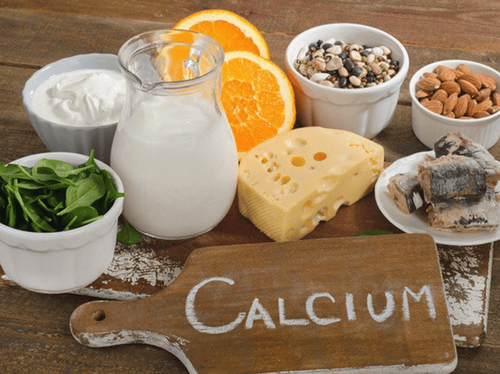
Bổ sung đầy đủ canxi giúp giảm nguy cơ loãng xương
Currently, Vinmec International General Hospital has a package of pre-menopausal health examination and counseling. When registering for an examination package, customers will be examined and consulted with a specialist in Gynecology; Perform tests to assess hormonal status such as:
Gynecological examination Gynecological examination, breast examination Transabdominal ultrasound of uterus and ovaries Taking samples for cervical-vaginal cytology Mammogram (2 sides) Osteoporosis Measurement Perform other tests to detect premenopausal conditions, if any. To register for examination and treatment at Vinmec International General Hospital, you can contact Vinmec Health System nationwide, or register online HERE.
MORE:
Changes of the body during perimenopause and menopause Late menopause: Good or bad? How does menopause affect women's health?




